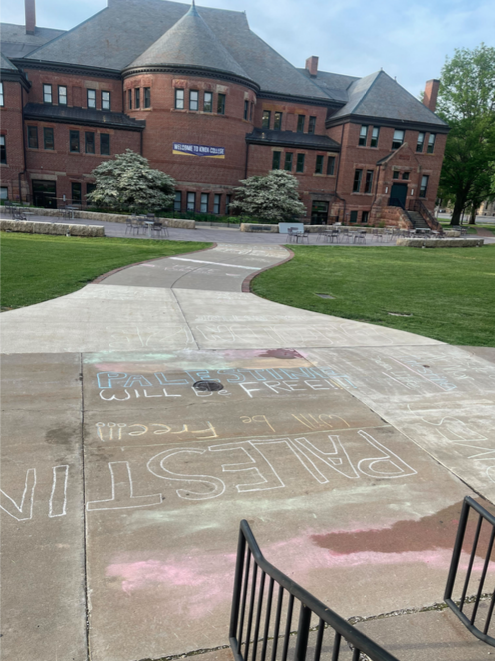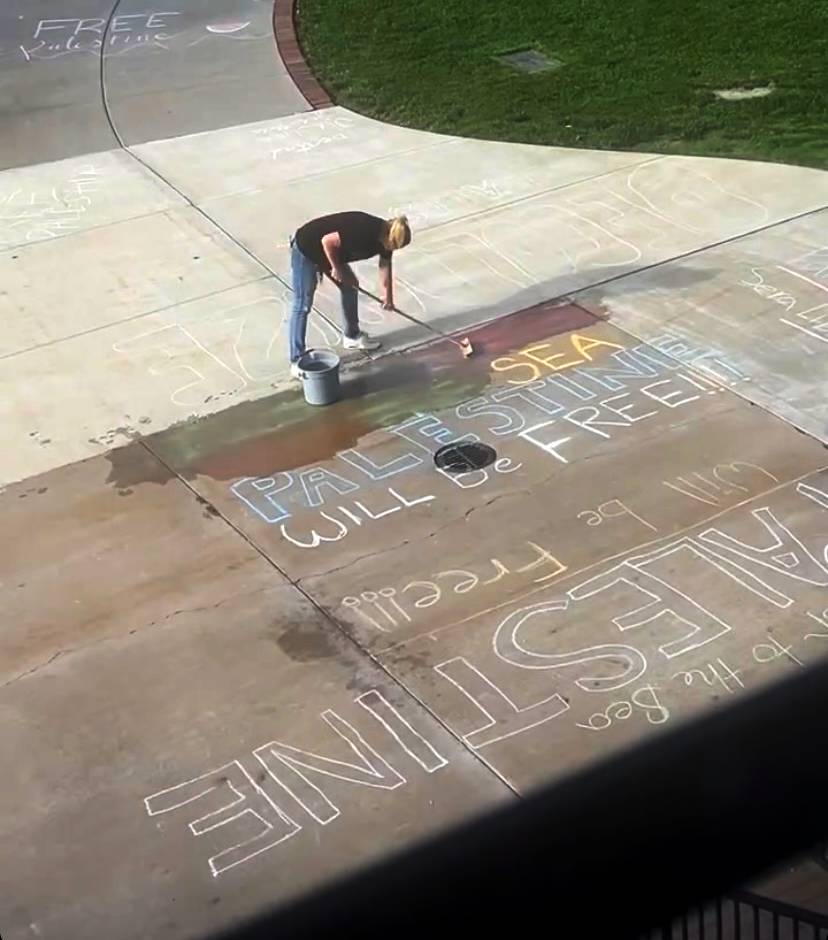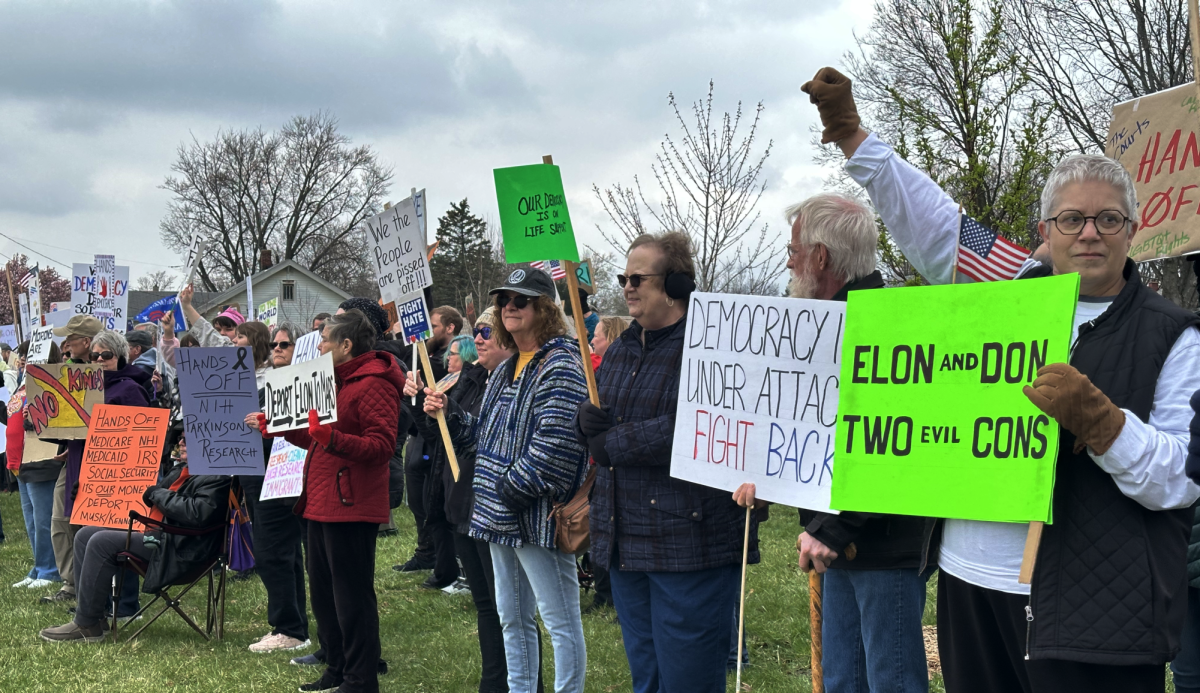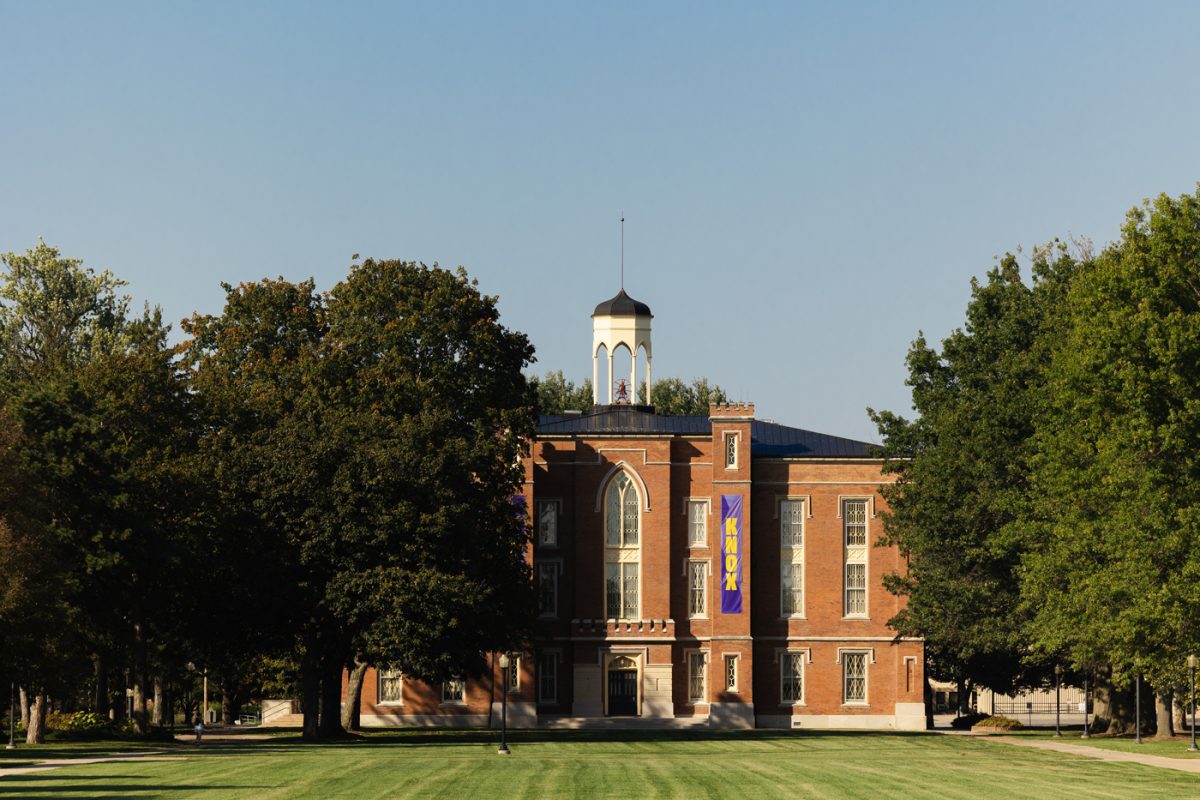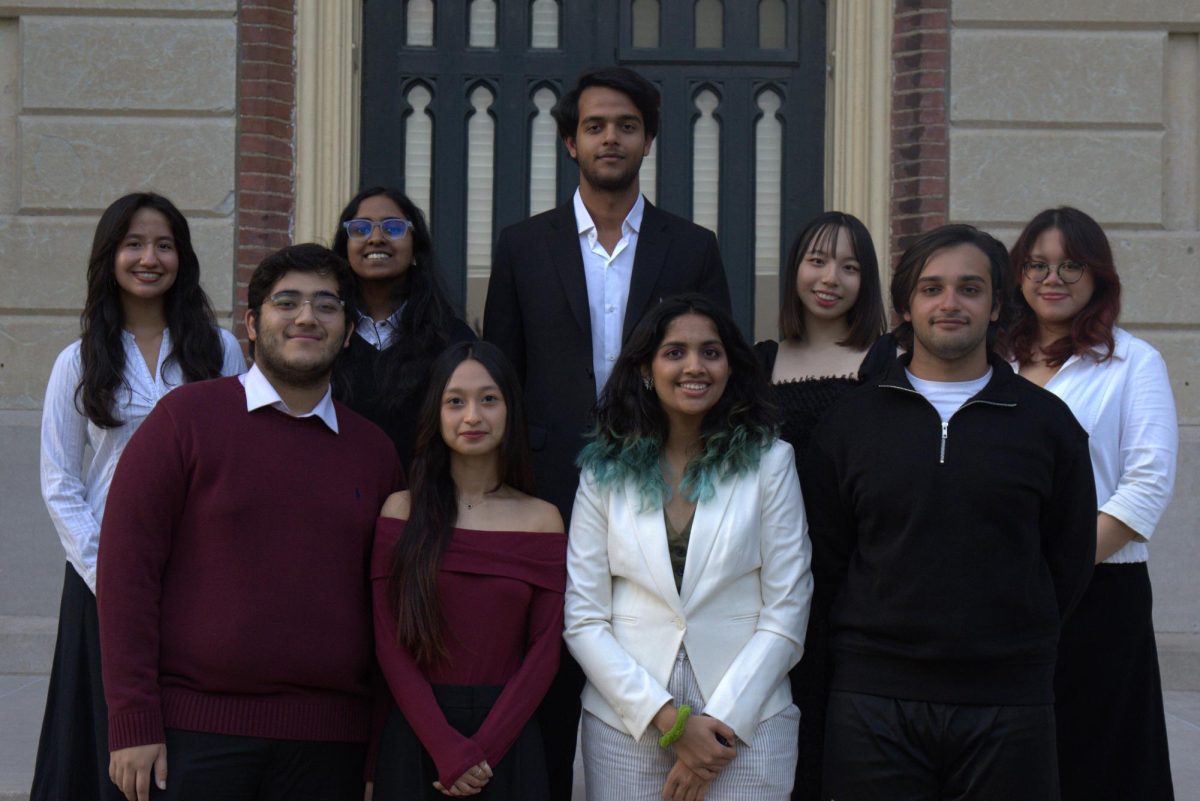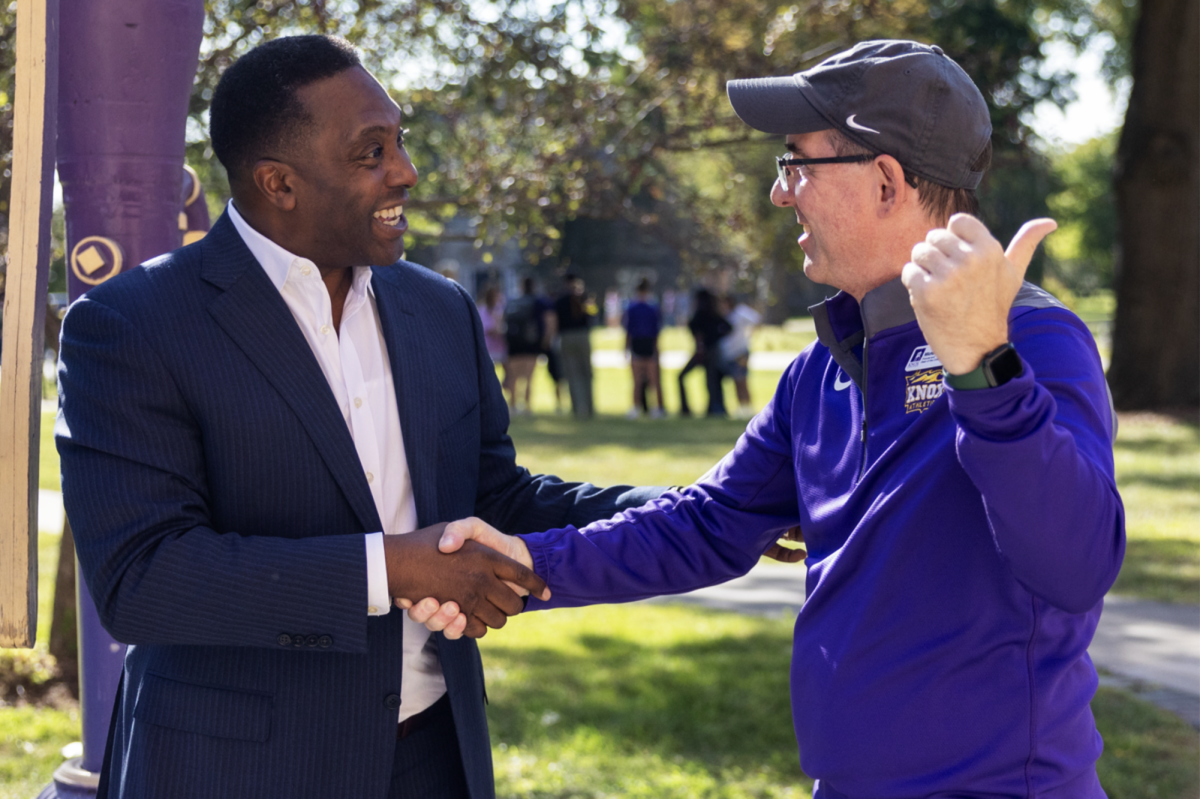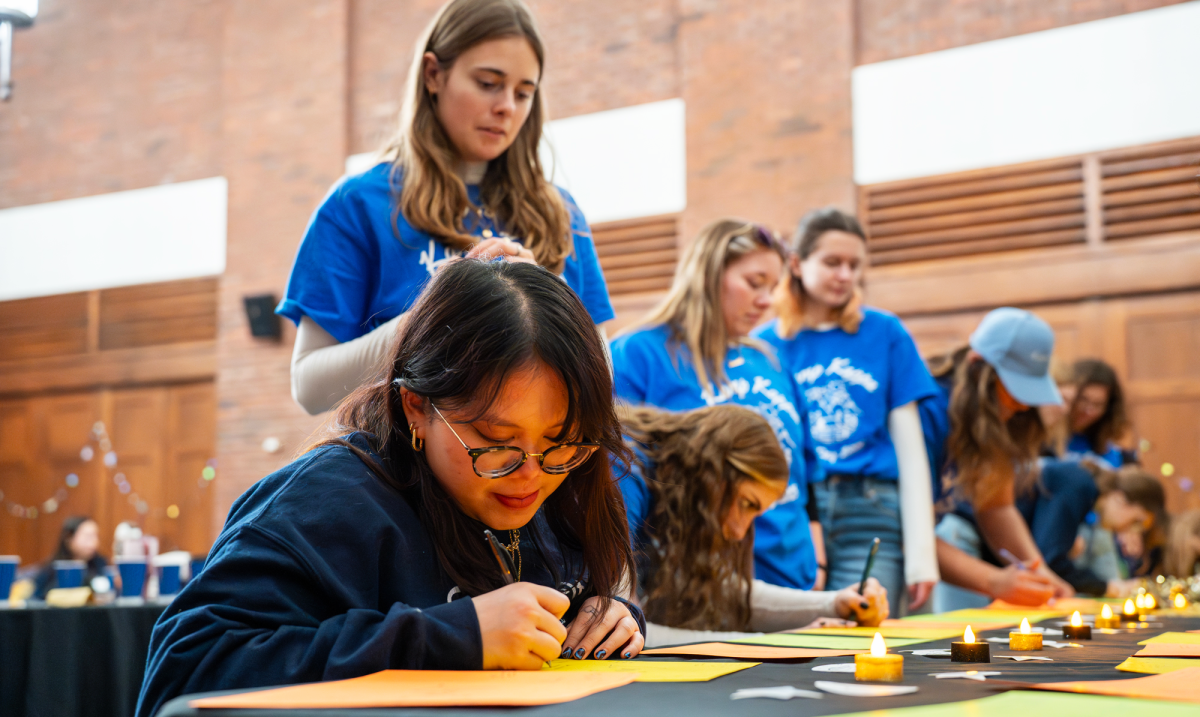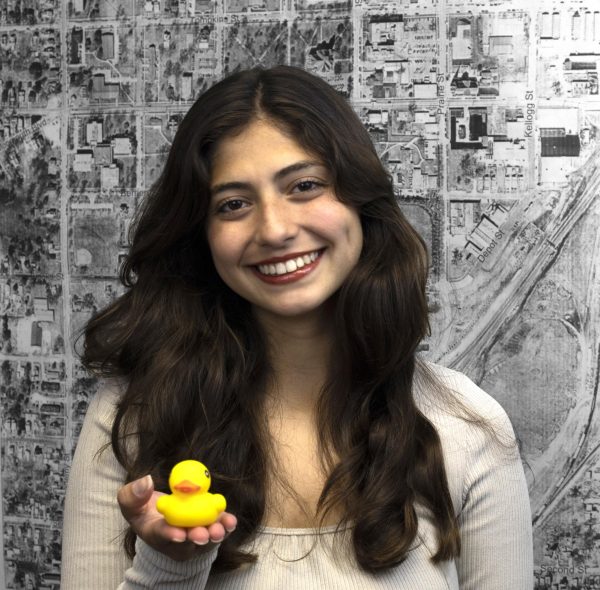A grounds worker was photographed by a student washing away the chalk messages on the pavement on May 10, the day of the walkout protest which aimed to raise awareness of the Palestinian liberation struggle. This photo was soon circulated on social media, which prompted reactions from students.
The worker was instructed to remove the words by upper administration.
“We have no policy against chalking, but our posting policy does say that messages considered offensive may be removed,” Vice President for Student Development Dr. MarQuita Barker said. “Many people find this phrase as a call for genocide and thus, we instructed the staff to remove only that wording.”
The washed-away message was “From the River to the Sea”. The grounds worker left the rest of the message, which said “Palestine Will Be Free”.
The phrase refers to the territory stretching from the Jordan River, marking the eastern border of the country, to the Mediterranean Sea in the west.
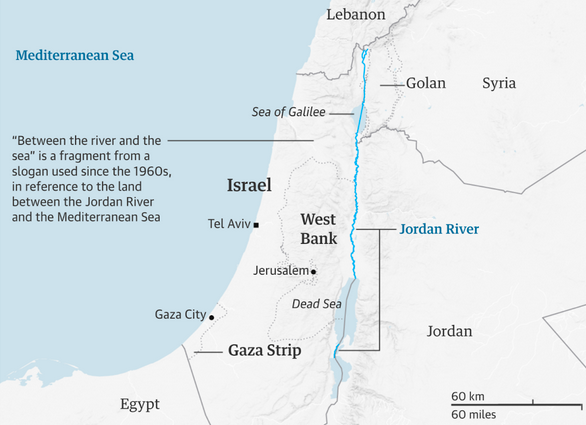
Some say the saying is considered harmful because it implies the eradication of Israel as a state and its replacement with a Palestinian state.
The saying is also considered by some to be antisemitic. Some say the implication is that “Palestine will be free” calls for Palestine to be “free from Jews“. However, in its original Arabic, “Filastin hurra,” means liberated Palestine, and does not include the phrase “free from.”
Rashida Tlaib, a Palestinian-American member of Congress, was also subjected to a rare censure by the U.S. House for using the slogan.
Many pro-Palestine people say the phrase seeks to defend Palestinian rights over their homeland. This sentiment arose over events such as the British colonial rule and the United Nations partition plan for Palestine in 1947, after the Second World War.
This resulted in the division of Palestine, with a majority of the land becoming part of the newly formed state of Israel, causing the displacement of thousands of Palestinians.
